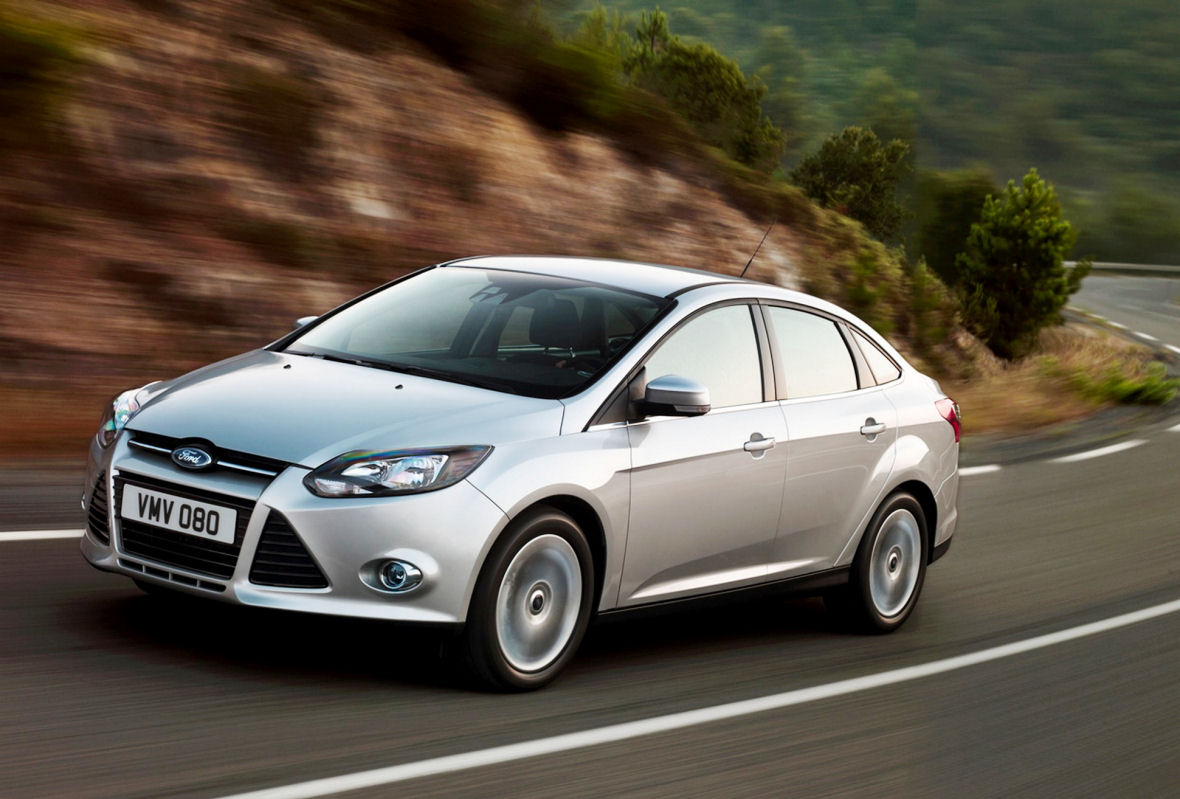ASEAN vehicle sales fell 28 per cent in 2020, says GlobalData
GlobalData says that the combined sales of new vehicles in Southeast Asia’s six largest markets (Thailand, Indonesia, Malaysia, the Philippines, Vietnam, Singapore) are estimated to have declined by 28.5 per cent to 2,468,613 units in 2020.






 Mercedes-Benz
Mercedes-Benz 